Lab Alumni

Melissa Platsko
MSc (2024) Melissa studied the potential impacts of an introduced bumble bee species in the Lower Mainland.

Terrell Roulston
MSc (2024) Terrell used a large database of plant-pollinator interactions – a.k.a. pollination networks – to investigate the role that honey bees (Apis mellifera) have in determining the structure of networks they occupy. This contribution will help understand the effects honey bees have on global plant-pollinator communities, including in their introduced ranges.

Hafsa Ahmed
MSc (2024) Hafsa is interested in understanding the dynamics of ecosystem services and biodiversity conservation. She tracked predatory insects and pollinators and measured the services they provide.
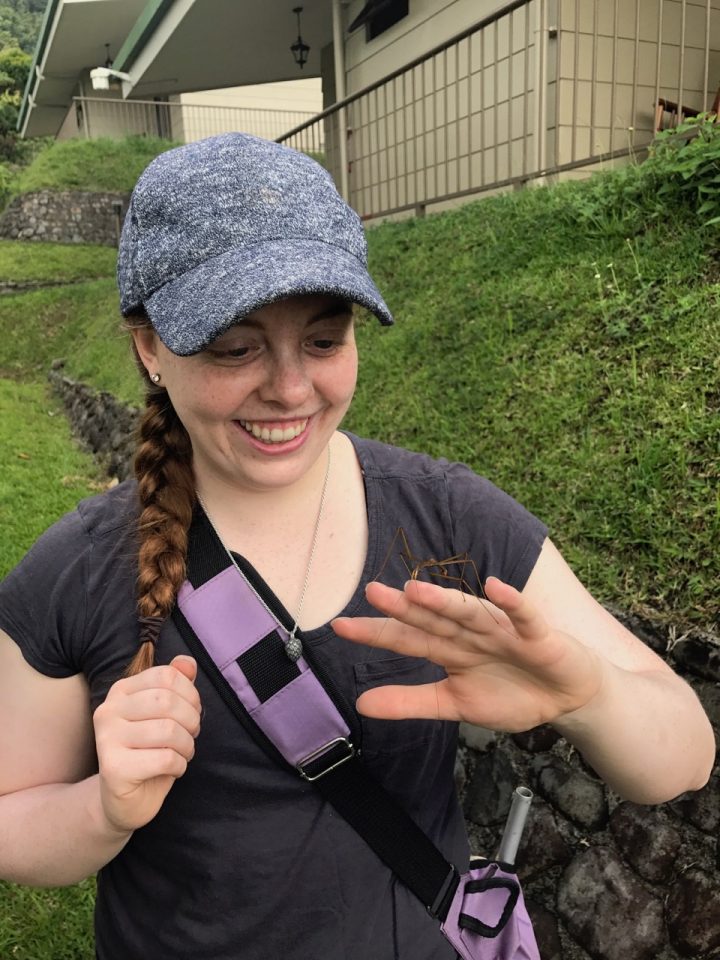
Eden Gerner
MSc (2020) and Research Technician (2021). Eden studied the impacts of urbanization and tree cover on pollinator species abundance and diversity in urban areas around the City of Ottawa. Eden now works for the office of the auditor general of Ontario.

Batoule Hyjazie
BSc Honours (2020). Batoule performed a meta-analysis to understand the relationship between pollinators and floral resources. She is currently completing her masters at the University of Ottawa.
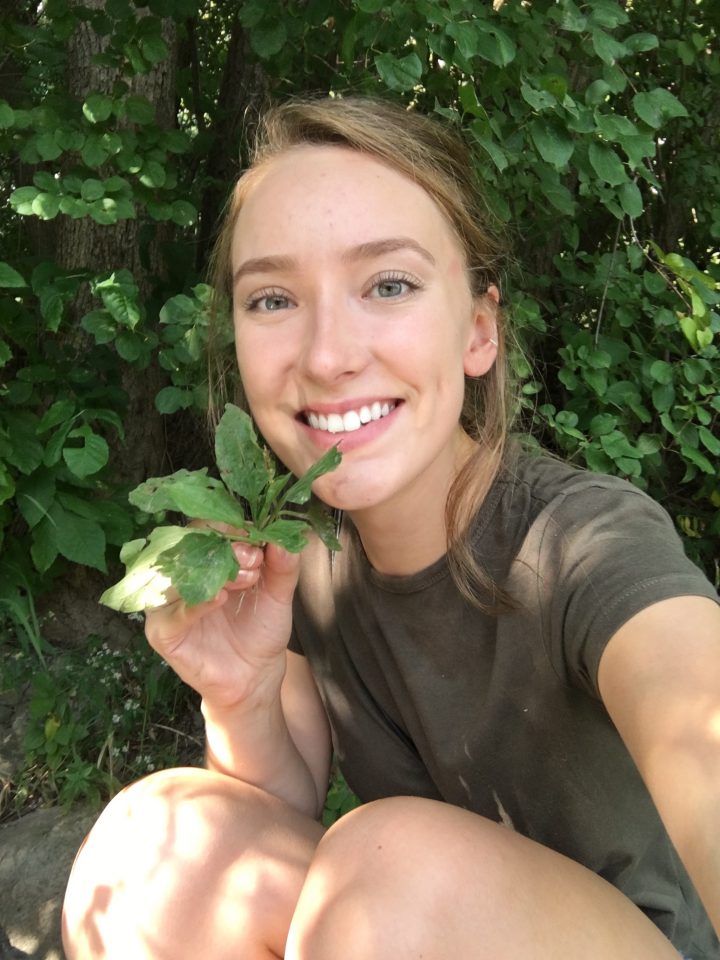
Anneke Golemiec
MSc (2020). Anneke studied plant species invasions and determined mechanisms by which they could impact native and especially at risk species. She is currently applying for further graduate studies.
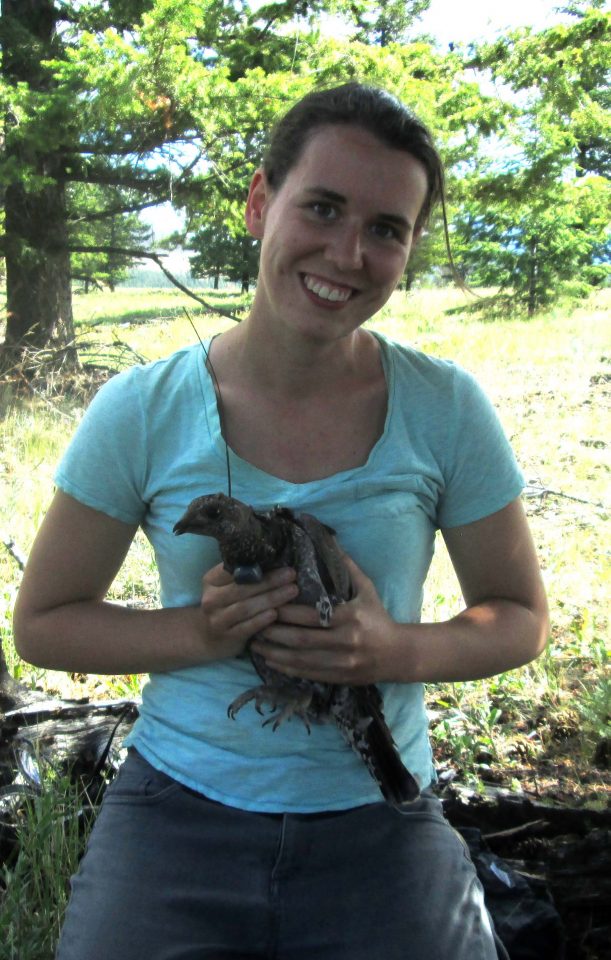
Emma Gaudreault
MSc (2020). Emma studied the impacts of pesticides on native pollinators in agricultural systems. Emma’s project was jointly supported by Mitacs and the David Suzuki Foundation. She is currently working as a contractor for Environment and Climate Change Canada.
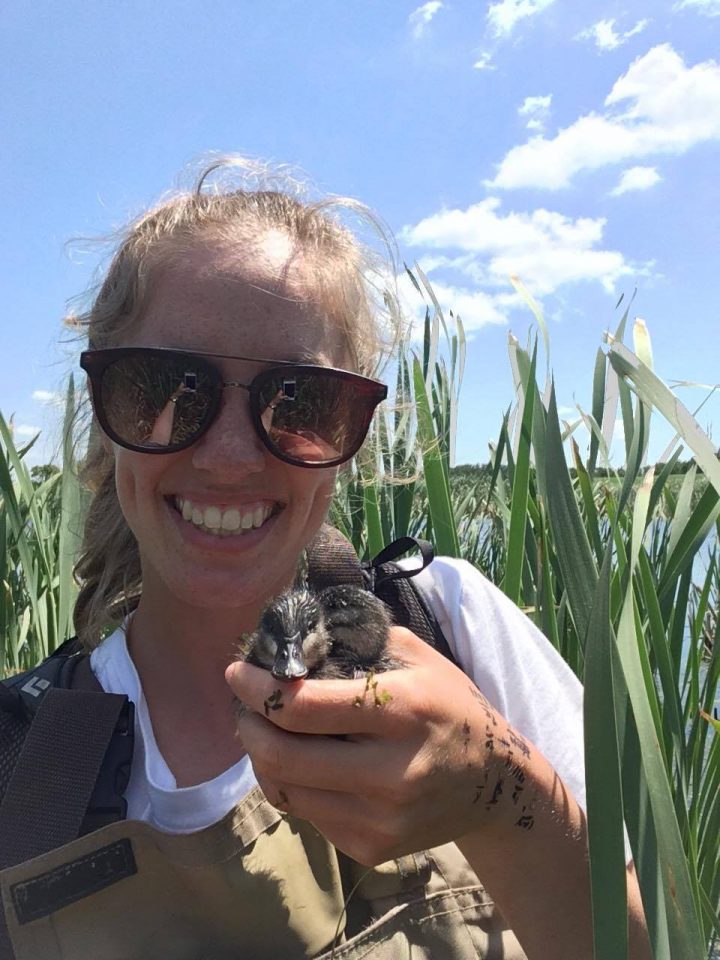
Lindsay Bennett
MSc (2020). Lindsay studied the impacts of invasive species on species at risk and how risk assessments should consider invasives. She is currently working as an environmental consultant
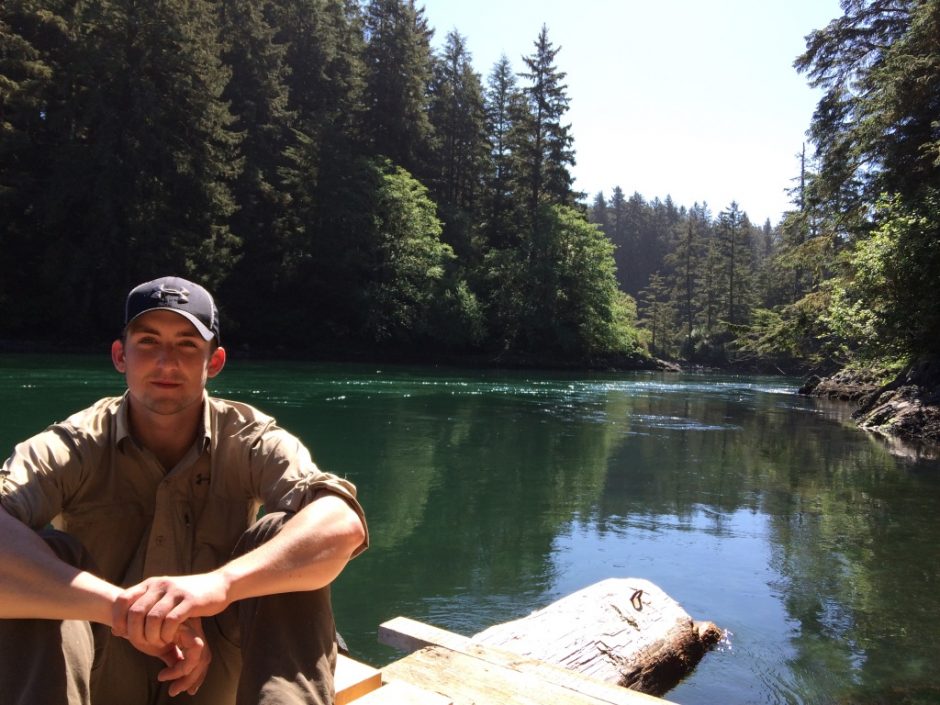
Cory Barker
MSc (2018). Cory studied the impacts of urbanization on pollination services. Cory is currently working as a biologist for the Nunavut Wildlife Board.
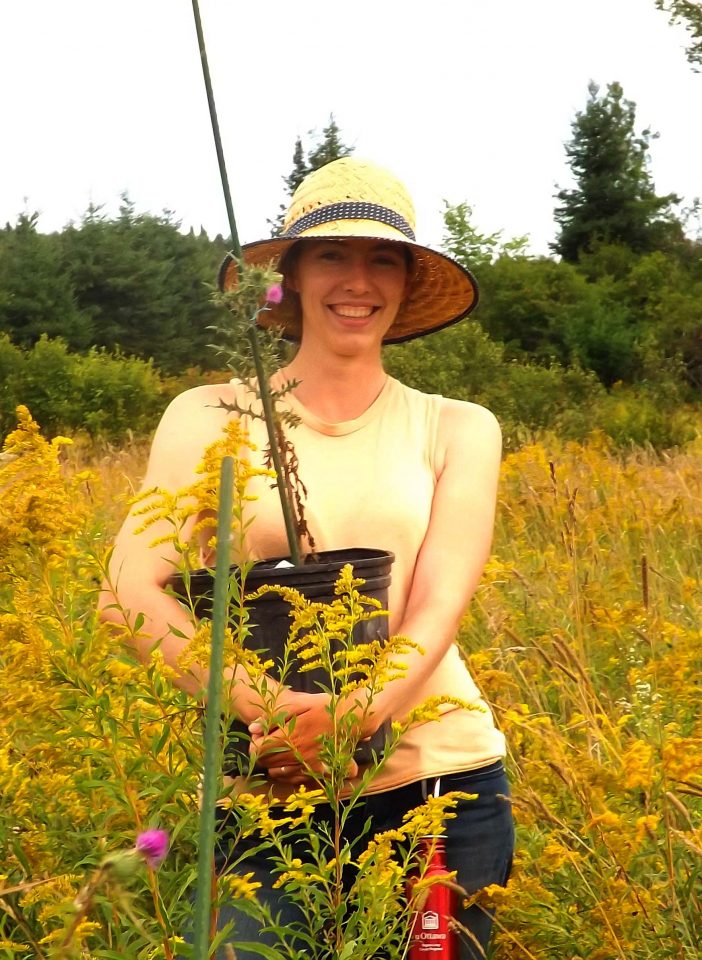
Julia Charlebois
MSc (2017) Julia discovered that the impact of invasives on pollinator-mediated interactions with natives was not as clear as had been previously described. Her work on this topic was recently published in Ecology Letters. Julia is now a PhD student with James Thomson and Spencer Barrett at the University of Toronto.

Marina Torreblanca
MSc (2017). Marina studied the impacts of two biocontrol agents, a leaf feeding herbivore and a flower feeding weevil, on reproductive and vegetative fitness of the invasive species, purple loosestrife. Marina has taken a position as the project co-ordinator for the environment for the City of Gatineau.

Gabrielle Forget
MSc (2016). Gabby studied how the impacts of invasive species are related to phylogenetic relationships among community members. Gabby will be using her MSc acquired R skills to examine economic models for the Bank of Canada – winning her the award for the most creative use of her MSc!
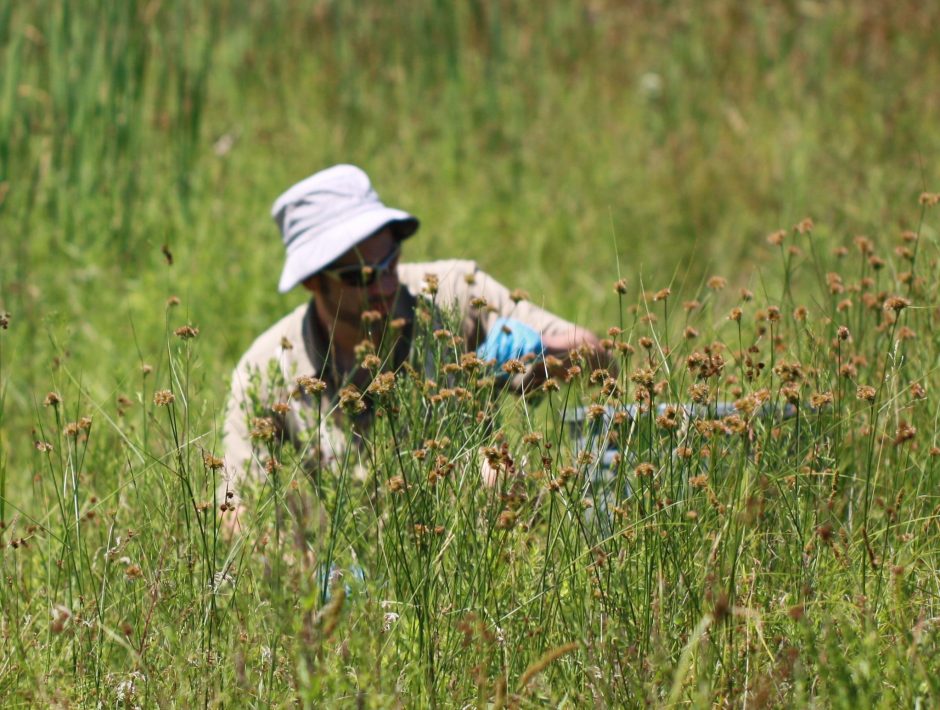
Dr. Michael Stastny
PDF (2012-16). Michael is interested in plant-animal interactions, especially herbivory. He is now a research scientist at NRCAN’s Canadian Forestry Research Centre in Fredericton, NB, working on plant antagonists such as spruce budworm.

Christina Thomsen
MSc (2014). Christina quantified pollinator-mediated selection of herbivore tolerance traits in the invasive wetland plant, purple loosestrife (Lythrum salicaria). She is now working at Agri-Food and Agriculture Canada
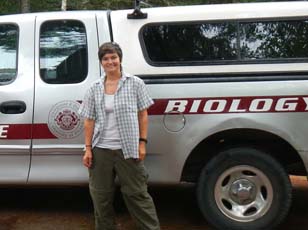
Excedera St. Louis
MSc (2014). Excedera studied how the release of Neogalerucella for biocontrol has impacted purple loosestrife population demography, fitness and aspects of the surrounding plant community. Excedera is now working as a Species at Risk biologist for the government of British Columbia in Victoria.
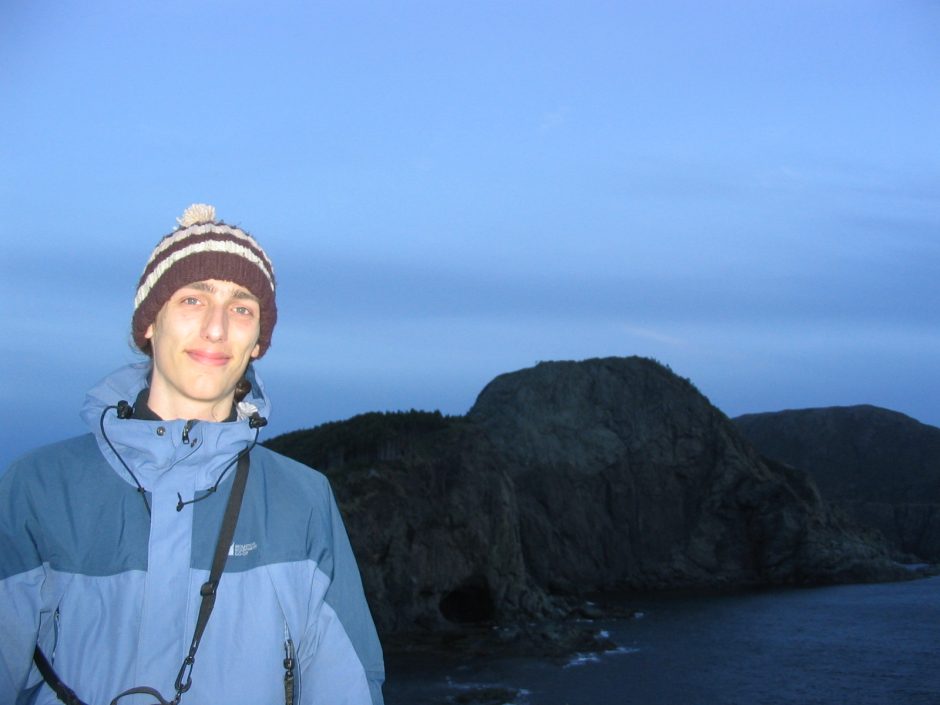
Jake Russell-Mercier
MSc (2013). Jake’s thesis work explored how how a beetle released to control Loosestrife impacts pollinator-mediated interactions in this system. Jake is now working at Environment and Climate Change Canada.
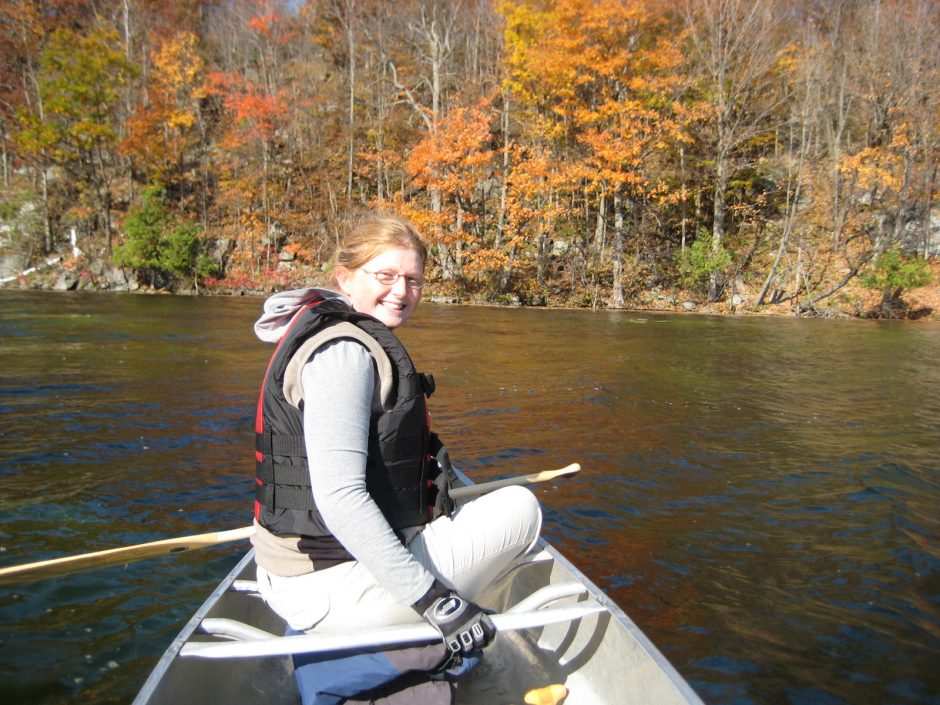
Lisa O’Donnell (formerly Hensel)
MSc (2011). Lisa studied the role of local diversity on pollen limitation in Trillium grandiflorum communities. She won a poster prize for her thesis work at the Banff CSEE meetings, and is currently working on her doctorate at the University of Calgary.
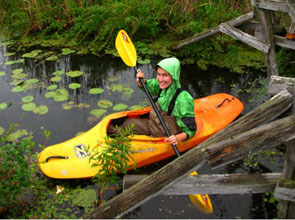
Vashti King
BSc Honours (2011). Vashti’s Honours project examined how plant invasions influence pollinator foraging patterns and impact the fitness of native species. Vashti started medical school in September 2011 and is now a practicing doctor.

Elizabeth da Silva
MSc (2010). Elizabeth found evidence for facilitation in pollinator-mediated interactions between the invasive species purple loosestrife and the native plant Decodon verticillatus. After her MSc, Elizabeth pursued a post-degree teaching program and is now a teacher in Ottawa.